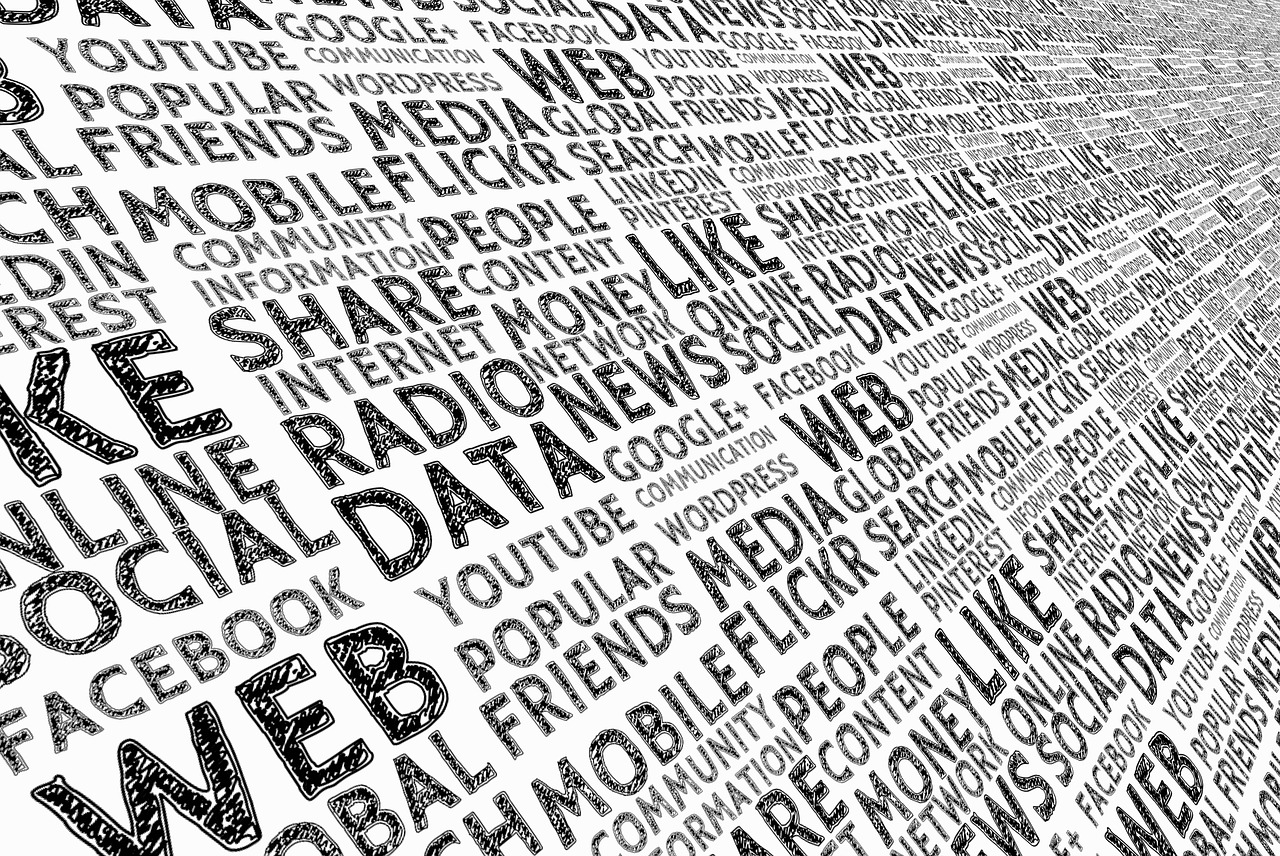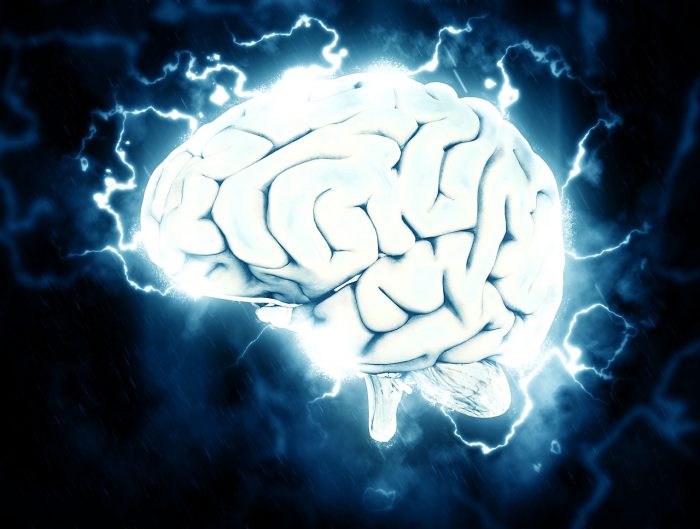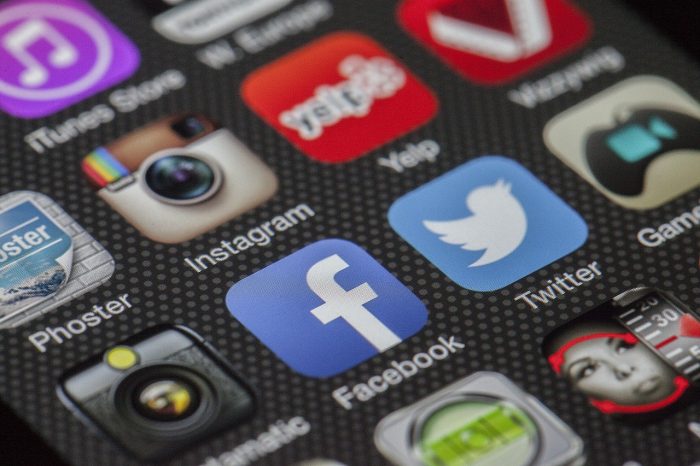
New research conducted by UC Berkeley’s Haas School of Business implies that information can be just as addictive as snack food, money, or drugs. To put that another way, information activates the reward centers of the brain in a similar way to how food or money activates those reward centers. This desire for information, regardless of whether or not the information is useful, explains behavior such as constantly checking one’s phone, even when important messages aren’t expected to arrive.
The neuroeconomist Ming Hsu, one of the researchers on the study, explains that the desire for information beyond the point where that information is useful explains some patterns of addictive behavior. Hsu studies psychological theory and economic modeling, and he explained that people’s brains can overvalue information in a similar fashion to overvaluing empty calories from junk food, and that this is a type of idle curiosity.
Addictive Curiosity?
Hsu and graduate student Kenji Kobayashi collaborated on the paper entitled “Common neural code for reward and information value”. According to their study, the brain represents information in a format very similar to how it represents money. It is hoped that the study can pave a path towards understanding how information is consumed and interpreted, and how constant streams of information can create or reinforce patterns of digital addiction.
Hsu explained to the Hass Newsroom that the study was “able to demonstrate for the first time the existence of a common neural code for information and money, which opens the door to a number of exciting questions about how people consume, and sometimes over-consume, information”.

Photo: (https://pixabay.com/photos/ipad-tablet-technology-touch-820272/0) by Fancycrave1, via Pixabay, Pixabay License, (https://pixabay.com/service/license/)
Common economic models tends to treat curiosity as a tool that becomes useful when it helps people get information about their environment, or guides them in making decisions. Essentially, it is seen as just a means to an end. By contrast, psychologists often view curiosity as an innate attribute of the human mind, capable of motivating action by itself. From the psychological theory of curiosity, on occasion, we simply wish to know something even if we won’t do anything with that information. Consider how a sports fan may obsessively follow predictions about the outcome of the game, even if they do not intend to bet on that game.
Hsu explained that the study aims to reconcile both the psychological model and economic model of curiosity, as well as to determine how the brain manifests curiosity.
In order to learn more about how curiosity manifests in the brain, the researchers enlisted participants and had them play a gambling game. The researchers wanted to find out how curious people were about the odds of winning a lottery, so they gave every participant a series of lottery tickets and enabled the participants to pay to obtain more information about the odds of winning the lottery. The information on the odds of the lottery was only valuable in certain cases. For instance, some bits of information would reveal that the participant had a fairly large chance of winning the lottery, compared to their initial assumption that they had little chance. In contrast, some lotteries had very little at stake, and therefore the information about the odds should have been comparatively worthless.
The economic model of curiosity played out for most of the experiment, where participants made rational choices based off on calculations weighing the value of the information they would get from paying. However, not all of the choices made by participants were fully rational from an economic perspective. It was found that in general, people overvalued the information they could potentially received, with their over-evaluation increasing as the stakes in the lottery increased. Higher stakes in a lottery made people more curious about the information they could gain access to, even if the information they could gain access to had no effect on their decision in the end.
According to the researchers, this behavior is explained by a model that combines aspects of both psychological motivations and economic motivations for pursuing information. People would acquire information based on how much they anticipated the information being useful to them, and not simply based on the genuine benefit that information could provide them with. Hsu explained that this behavior was analogous to having a desire to know if we are being offered a great job, even though we wouldn’t actually take the job. Hsu explained that anticipation amplified how bad or good something appeared and that if the event in question seemed very pleasurable/good, the information associated with it seemed even more desirable/valuable.

Photo: (https://pixabay.com/illustrations/brain-electrical-knowledge-migraine-1845962/) by TheDigitalArtis via Pixabay, Pixabay License ( https://pixabay.com/illustrations/brain-electrical-knowledge-migraine-1845962/)
The researchers took fMRI scans of the participants’ brains while they exposed them to information about the odds of the games they were playing. After analyzing the fMRI data the researchers found that the brains of participants activated in regions associated with estimating an event’s/object’s worth. These regions are the same regions which kick-off rewards in response to many drugs, money, and food products. These regions activated regardless of whether or not the information was useful or whether or not it changed the person’s decision.
The researchers utilized a machine learning technique called support vector regression to compare the neural representations of money and lottery odds with one another. They found that the neural representation of information regarding lottery odds was correlated tightly with the neural representation of money, and that they were able to predict how much a person was willing to pay for information based off of the relationship between these representations.
According to ScienceDaily, Hsu explained that the brain can essentially convert information into the same encodings it uses to represent rewards like money, and that this applies to many different objects and experiences like a vacation, an excellent meal, a novel, or a painting. According to Hsu, the researchers can use this technique to tell how badly a person wants a piece of information, and then convert this a monetary amount.
The study didn’t set out to directly examine how constant exposure to digital information can be addictive, but it does provide some interesting insights into how some people can become addicted to checking their phones for notifications. Hsu suspects that the findings at least partially explain why people are so easily captured by clickbait. Hsu explained:
The way our brains respond to the anticipation of a pleasurable reward is an important reason why people are susceptible to clickbait. Just like junk food, this might be a situation where previously adaptive mechanisms get exploited now that we have unprecedented access to novel curiosities.
Are Our Measurements Off?
Even as research examining the addictive potential of digital information comes out, there are suggestions that the way we quantify smartphone addiction itself could be flawed. Recently, a study conducted by psychologists in the UK found that the primary way of gathering data on smartphone addiction could be unreliable. The research was covered by ScienceAlert.

Photo: (https://pixabay.com/photos/twitter-facebook-together-292994/) LoboStudioHamburg via Pixabay, Pixabay License (https://pixabay.com/service/license/)
According to ScienceAlert, David Ellis from Lancaster University, was the first author on a new research paper which suggests that the self-reported assessments than most social scientists and psychologists rely upon are not accurate assessments of people’s usage of smartphones. Social psychologists tend to utilize self-reported assessments including interviews, questionnaires, and surveys, but these methods of data collection may be at odds with how people actually use their phones in day-to-day life.
According to the study, the majority of self-reported smartphone usage assessments do not accurately predict real-world behavior. The research team argued that the measures of addiction used to analyze the use of smartphone and other technologies haven’t been validated yet, at least not to the same level of validation that is applied to behavioral metrics of addiction in other non-technological fields.
The research team tracked 10 different digital addiction metrics, including problematic behavior and attachment, to see if these metrics could accurately predict an individual’s smartphone usage. The study asked around 240 participants to estimate the number of notifications they received during the day, and how long they spent on the phone every day. They were also instructed to answer a series of questions relating to smartphone addiction metrics. Data was collected on their smartphone usage using Apple’s Screen Time app. While there were a few correlations found between self-reported data and the actual behavior of the participants, quite often people’s self-reported usage was not correlated with the expected psychometric results, or with their actual smartphone usage patterns.
If the results of the study hold true in other contexts, it could cast a fair measure of doubt on research exploring the link between people’s psychological well-being and smartphone usage, particularly as many studies try to establish a link between personality attributes and patterns of smartphone/digital device usage.
“Errors of measurement here are so large that small effects detected in large-scale research involving estimates may be a component of statistical noise or a weak proxy for other psychological constructs,” explained the researchers.








